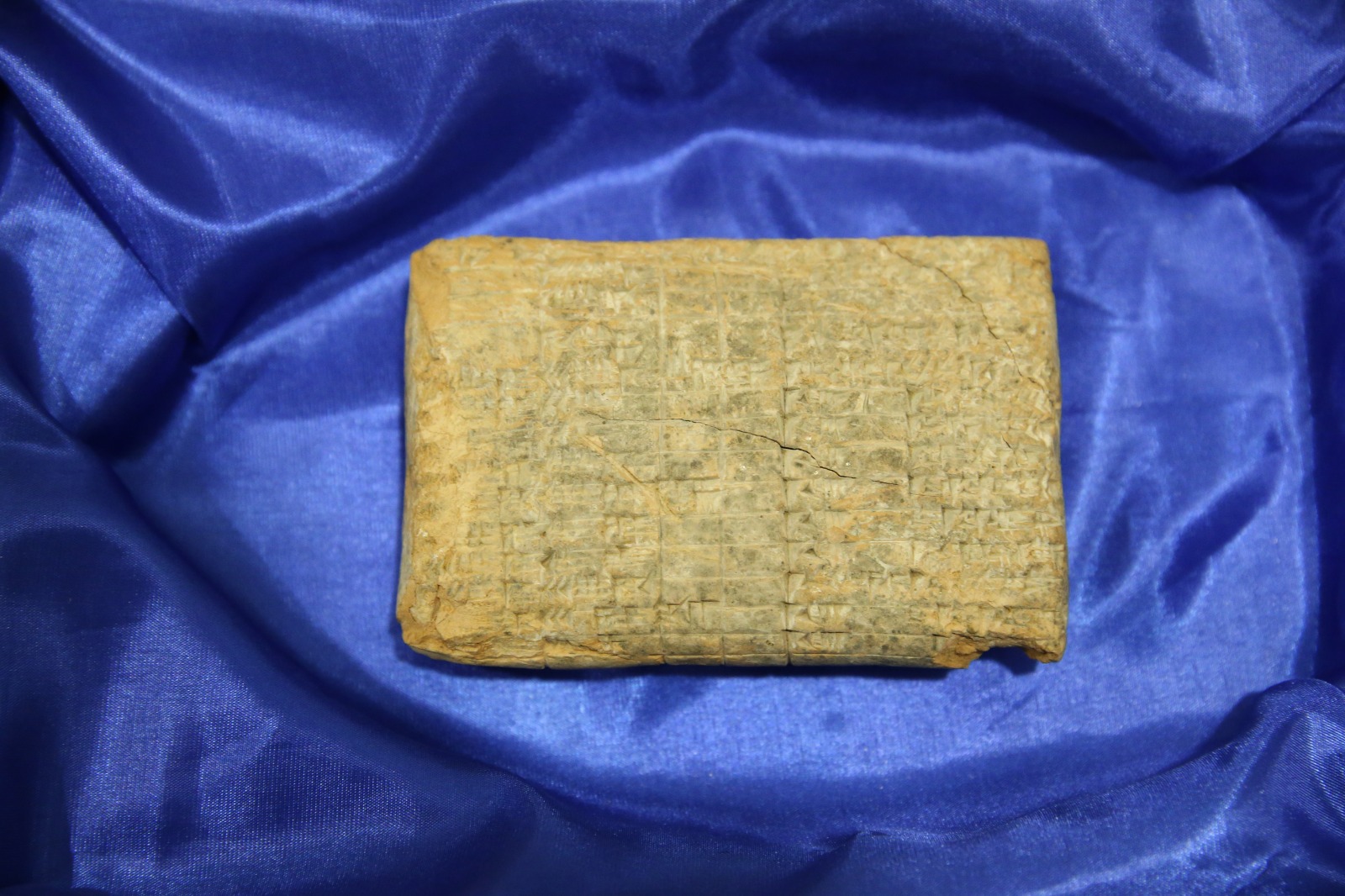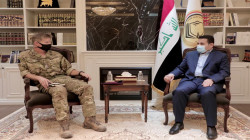Iraq recovers nine antiquities from the US

Shafaq News/ Iraqi President Abdul Latif Jameel Rashid on Thursday announced that Iraq recovered nine antiquities from the United States.
The pieces, which were previously smuggled out of the country, were handed over to the head of the Antiquities Authority, Laith Majid Hussein, during a meeting between Rashid, the Minister of Culture, and other officials.
The recovered artifacts include seven seals from the Babylonian and Mesopotamian civilizations, received from the New York Attorney's Office; two ivory pieces resembling human faces, obtained from the FBI; and a clay tablet from the Middle Babylonian period, handed over by the National Security Investigations Office.
During the meeting, Rashid attached importance to restoring and rehabilitating heritage buildings and former presidential palaces that have suffered from neglect, to serve tourism and antiquities purposes.
He expressed support for a partnership to restore and rehabilitate museums and heritage buildings, and also proposed the establishment of an Arab-Kurdish cultural center to hold cultural and educational workshops.
The Minister of Culture, Tourism, and Antiquities expressed his gratitude for the recovery of the smuggled antiquities, affirming that this reflects the country's determination to preserve its cultural heritage.
Antiquity smuggling has been a major issue in Iraq since the 2003 invasion, and it has had a devastating impact on the country's cultural heritage. During and after the invasion, looters targeted the country's ancient sites, stealing priceless artifacts and selling them on the black market. Many of these artifacts were smuggled out of the country and ended up in private collections or museums around the world.
The situation worsened with the rise of ISIS in 2014, which seized control of large areas of Iraq, including many archaeological sites. The group made a significant profit by looting and selling antiquities on the black market, using the proceeds to fund their activities.
ISIS also deliberately destroyed many ancient sites and artifacts, viewing them as symbols of what they saw as un-Islamic practices. They carried out widespread destruction, including the destruction of the ancient city of Nimrud and the Temple of Bel in Palmyra, both UNESCO World Heritage Sites.
The impact of antiquity smuggling and destruction has been devastating for Iraq's cultural heritage. Countless artifacts have been lost forever, and the country's ancient sites have been irreparably damaged. Efforts have been made to recover and restore some of these artifacts, but the situation remains challenging, and the impact of these losses will be felt for generations to come.





